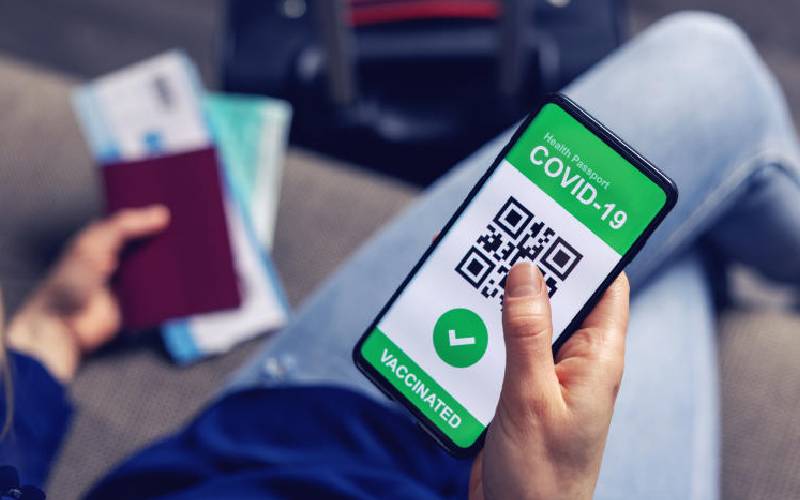×
The Standard e-Paper
Smart Minds Choose Us

Those travelling can download the vaccination certificate from the portal and present it to travel agencies. [Courtesy]
You don’t have to apply for and walk around waving a Covid-19 certificate to access government services as they are automated and accessible via the Chanjo System portal.







